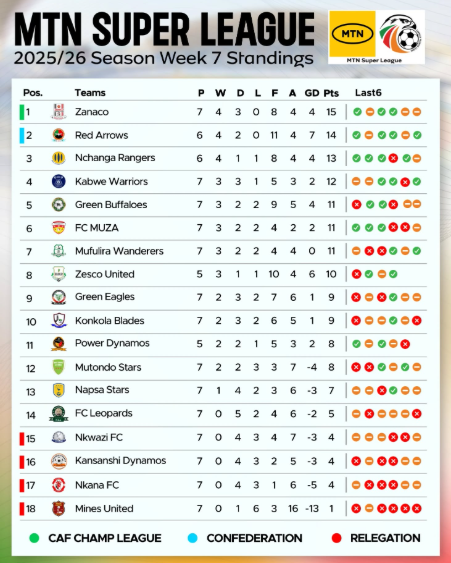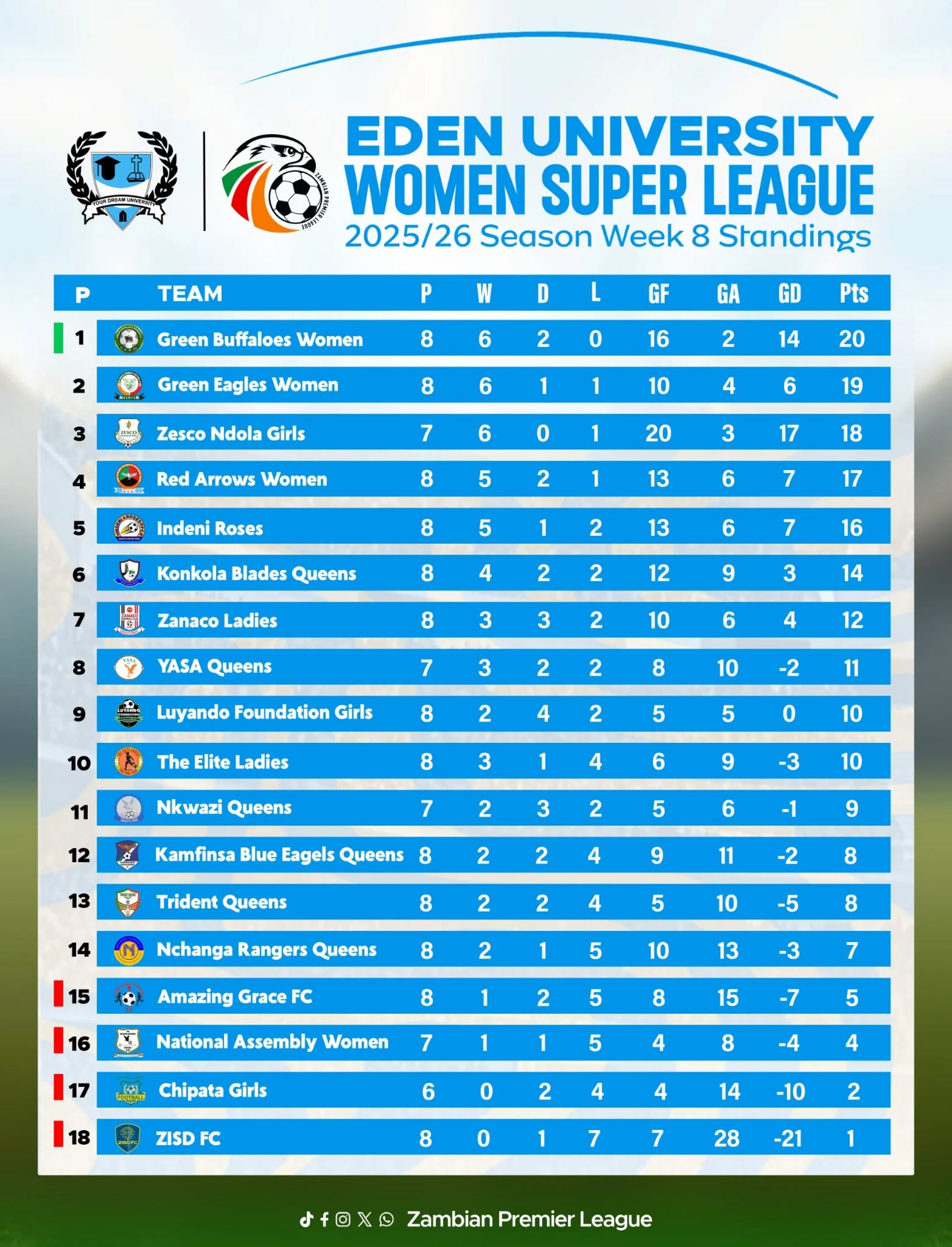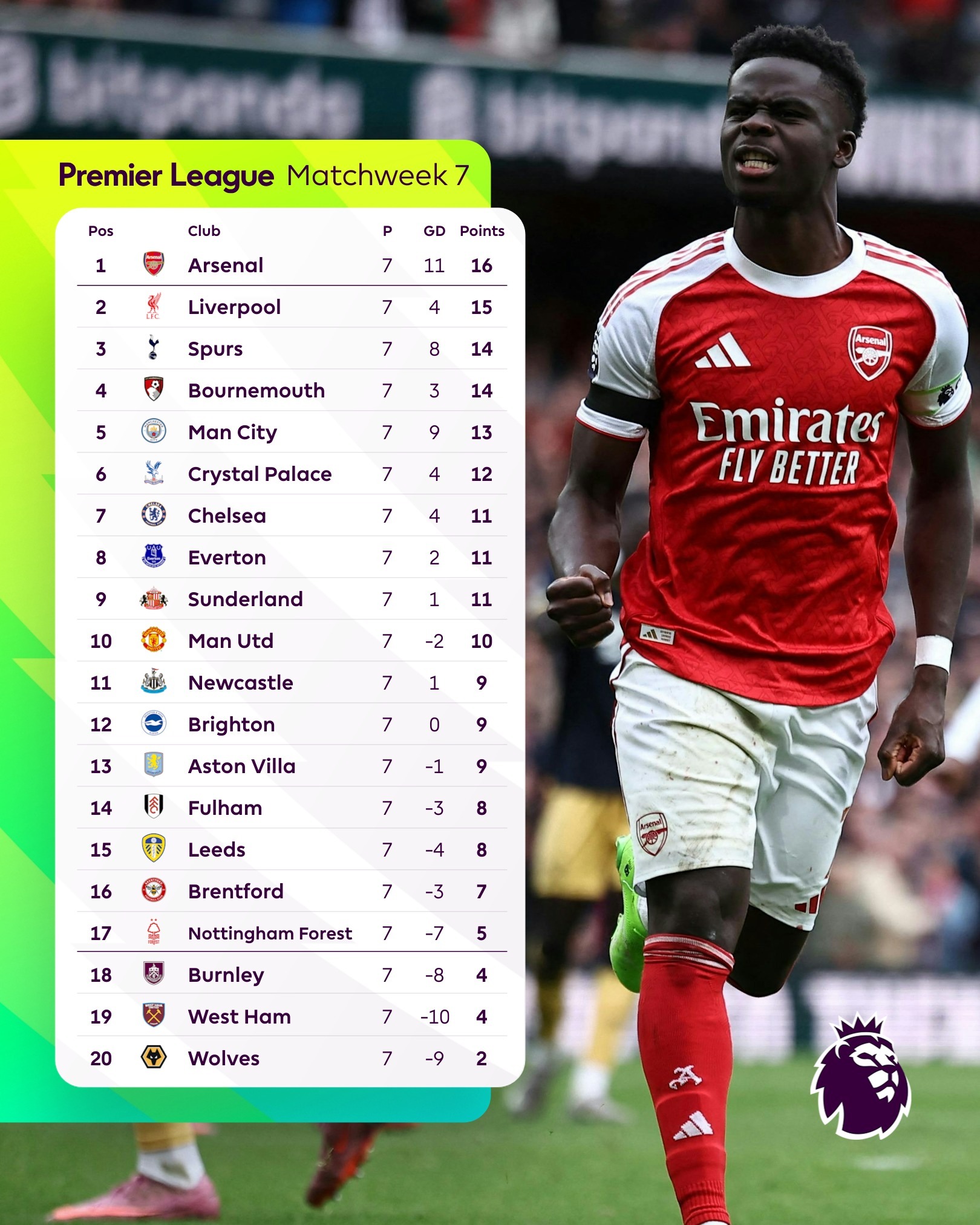“Written in the Sky”: The Day Zambia Rewrote African Football History

By the time Zambia’s Christopher Katongo lifted the Africa Cup of Nations (AFCON) trophy under the Libreville sky in 2012, it was more than just a football victory, it was the closing of a wound, the climax of a story laced with tragedy, resilience, and redemption.
“It was a sign of destiny, written in the sky,” said coach Hervé Renard in the wake of that unforgettable night. “There was a force with us. I think God has helped us and given us strength.” The symbolism was inescapable. Almost two decades earlier, in April 1993, 18 members of Zambia’s national team perished in a plane crash off the coast of Libreville, Gabon. Now, on soil haunted by that trauma, their spiritual successors returned, not to mourn, but to conquer.

The odds were never in Zambia’s favor. They entered the 2012 tournament ranked 71st in the world, with a squad largely made up of players plying their trade in modest leagues across Africa and Asia. Few, if any, bookmakers considered them contenders. But inside that team was a spirit money couldn’t buy, forged in the furnace of history and stoked by the memory of fallen heroes.

Goalkeeper Kennedy Mweene set the tone before the tournament: “We are going to this tournament to put the souls of our fallen heroes to rest.” And every match, every tackle, every chant from the fans was charged with a sense of mission.
The journey began in earnest with a stunning 2-1 upset over Senegal, featuring Premier League stars Papiss Cissé and Demba Ba. That early triumph announced Zambia’s intent. They would go on to top Group A, beat Sudan convincingly in the quarter-finals, and edge out Ghana, a team still riding its 2010 World Cup high, in a gritty semi-final.
Then came the final.
Côte d’Ivoire stood between Zambia and destiny. A team packed with stars, Didier Drogba, Yaya Touré, Gervinho, and burdened with the weight of expectation. For Renard, the final was personal. The man who once hauled garbage bins at dawn to make ends meet now stood on the brink of a continental crown. “I used to get up at 3am to clean buildings. I’ll remember those moments before the game,” he said. “When you don’t have a name, you take the harder path. But perhaps that’s how you get stronger.”

Strong, indeed. In a tense, goalless match that went into penalties, Zambia showed nerves of steel. Even when Drogba missed for the Ivorians, the final stretched to sudden death. When Stophira Sunzu slammed in the winning penalty, after 18 perfectly executed spot-kicks, it was not just a footballing miracle. It was catharsis. Victory, quite literally, from the ashes.

Renard, often perceived as intense and demanding, celebrated humbly. “It was nothing to do with me,” he insisted. Yet his fingerprints were all over Zambia’s triumph. From his emotional visit to the 1993 crash site days before the final, to carrying injured defender Joseph Musonda onto the pitch during the celebrations, Renard was more than a tactician, he was a custodian of Zambia’s story.

“This team is not about individuals,” captain Katongo reflected. “We may not have big names, but we have a team unit. That’s what wins trophies.”

In the end, Zambia’s AFCON win wasn’t just a sports story, it was a national parable of grief turned into glory, of forgotten men made immortal. And it was written, as Renard said, in the sky.









